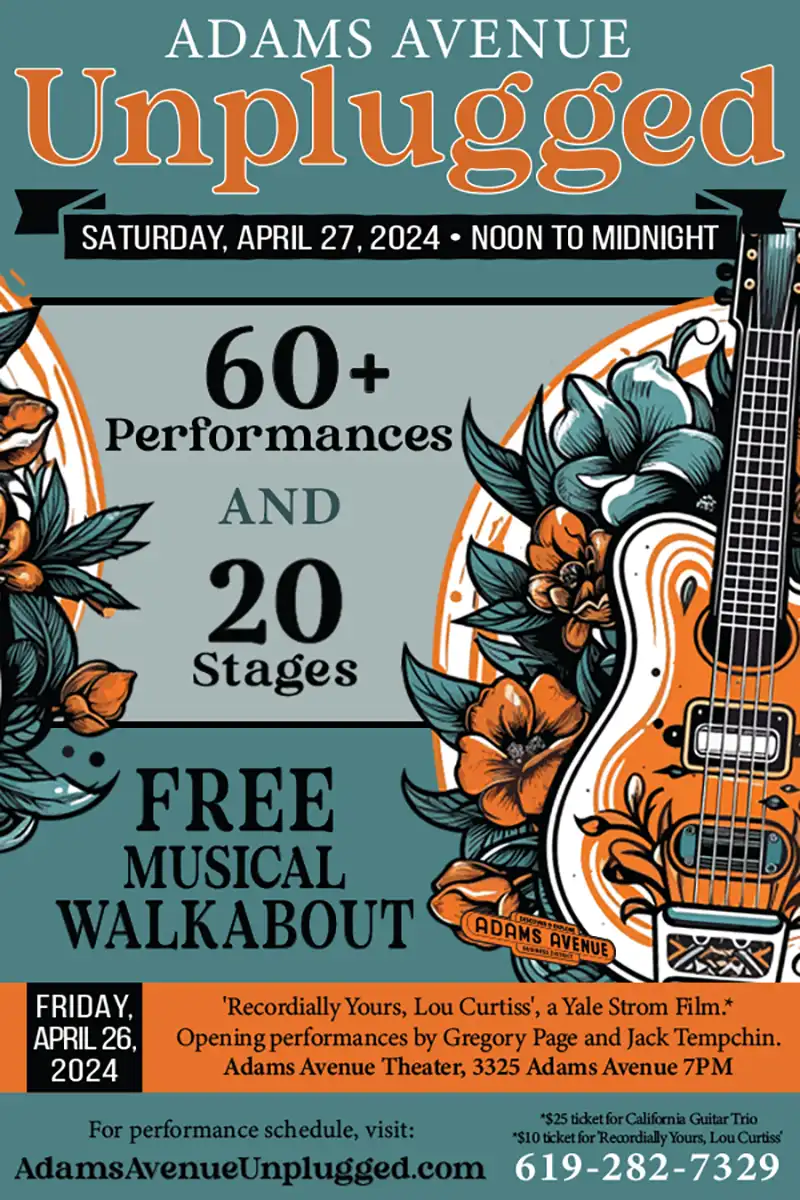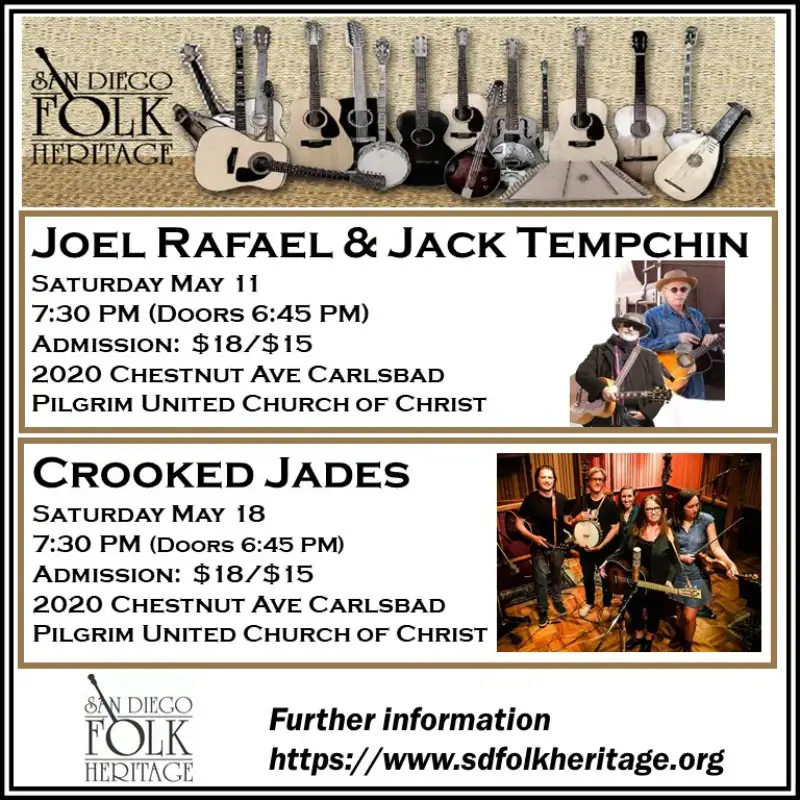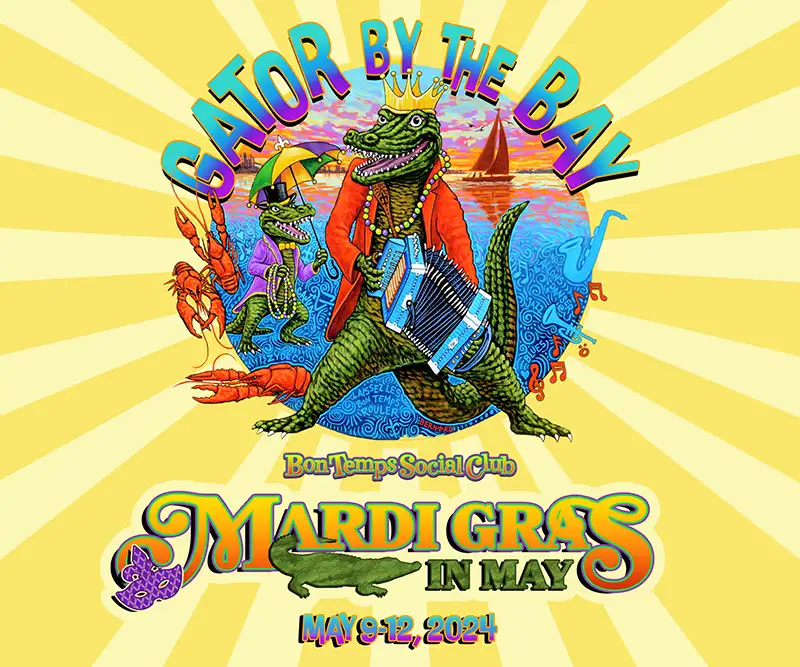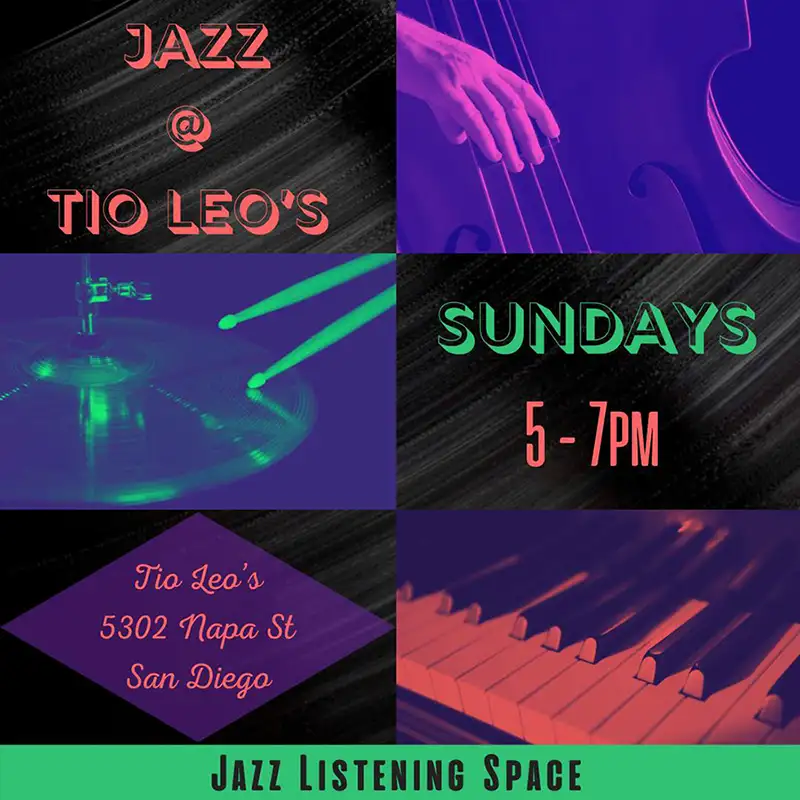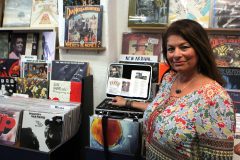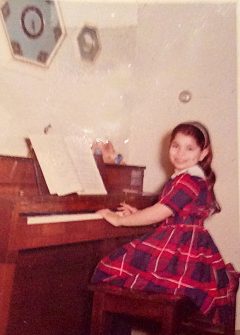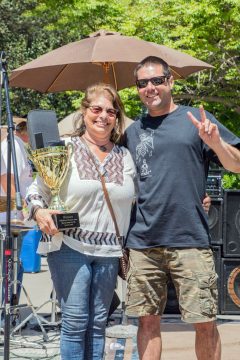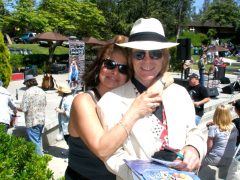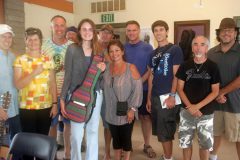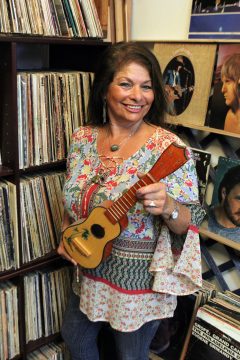Cover Story
RACHELLE BRAND DANTO: Got Love If You Want It
Compassion is an extremely rare commodity in our world today. And for that very reason when it’s observed, expressed, or experienced in any form, it makes a lasting impression. Say hello to Rachelle Brand Danto, a woman with seemingly unlimited energy who dedicates her time and talents to those often overlooked or mostly forgotten. The kindness and concern she shares with her fellow human beings is a reflection of love, plain and simple. But her objectives are focused and straightforward; to contribute to and/or improve quality of life. Turns out, this single mother of two and former surgical/psychiatric nurse was born into this world to make a difference. What she didn’t anticipate is that it would be through the healing power of music.
Even today Rachelle seems amazed and delighted that her life’s path has taken such unexpected twists and turns. Her enthusiasm in giving back to those in need, mentoring the less fortunate, and simply working to make lives better is a tasking she embraces one individual at a time. So the question begs, how does a highly skilled healthcare professional transition into a note-bending blues harp playing, keyboard pounding music teacher? “I was a nurse right out of school,” Rachelle says, “And I had some health issues. I was working at the Cleveland Clinic and they decided I wouldn’t be in surgery anymore and we want to put you in child psychiatry. That’s really not where I wanted to be at all,” She laughs. “And that’s how it all started…because I loved it! It was like camp for the dysfunctional and I felt like I had something to really offer as an energetic 22-year-old that I didn’t feel like [being] just a hospital nurse. It was a brand new unit in Cleveland. I got my chauffer’s license, I was the recreational therapist and I was doing a lot of interesting things on that unit and we had an amazing team.”
What year was that? “I started at the Cleveland Clinic in 1975.” She reflects. “I was a brand new nurse out of Ohio State University. I went there because my father had been transferred in the military from back East to Ohio, so I ended up there going to high school and college. I married my high school boyfriend and worked at the Cleveland Clinic for a long time. So that’s how I started doing music with kids. I wasn’t like a professionally trained musician, I took classical piano lessons, some guitar lessons, and I was a really good little harmonica player because my father brought me back a Hohner chromatic harmonica from Germany on one of his trips. Music wasn’t the center of my life, but I knew I just loved it. Getting into the child psych unit, my head nurse who happened to be a really nice guy said, ‘All the social workers up here play instruments and maybe we could do something… I’m getting you a piano.’ And that’s how I started using music as a ‘therapeutic activity.’ Rather than saying music therapy, that was my first entree into music as a therapeutic activity for kids who really had difficulties socializing or expressing themselves. I really learned the ropes that way. So that’s how it started.”
So, although limited, music seems to have been a constant around you growing up? “My mother played the piano and we had the family piano in the house. She was a very talented pianist. My father played the ukulele, but it wasn’t a big deal.” She pauses and smiles, “We’d sing in the car. When I was about seven, I started taking piano lessons from my music teacher at school. He was the band director and he was wonderful. I was born in the Bronx and grew up in the suburbs. I had always played harmonica and I started figuring it out in the seventh grade. When my dad was in the Air Force and brought me that harmonica I started playing notes, songs, and melodies, and I started to hear more rock ‘n’ roll harmonica. I wasn’t exposed to a lot of blues harp or blues music but heard the early rock ‘n’ roll stuff, the first one I think, was Paul Butterfield… and Lee Oscar with WAR. I felt like Lee Oscar and I were soul mates [giggling]. I got to meet him last year at the San Diego Harp Fest and I felt like I knew him and we had this whole conversation and he autographed a harp for me. And then, I fell in love with Bela Fleck and the Flecktones and I heard Howard Levy for the first time on a record.”
Who were some of the local California musicians that rubbed off on you? “Rod and Honey Piazza were a big influence on me,” Rachelle admits. “I copped so much stuff from Honey on the piano and I played along with those recordings until I got it. And that’s how I learned. I have to say Rod is so good on the chromatic harmonica… and Billy Watson, too. He’s so funny and such a great guy. I got to know Nathan James and Ben Powell through Steve White. He [White] was an icon here; he was brilliant. He played harmonica and had a footboard and played the best guitar of anybody… and wrote all his own songs. He was an artist and a musician who played at the Seaside Bazaar every Sunday and travelled all around Europe. He was the most famous ‘un-famous’ person here.
“When I moved here and was living in Leucadia and going to the Blues Harp Festival, I was playing with a couple of local people that had heard me play and asked me to sit in. I think I was a kind of ‘novelty’ when people would see I wasn’t an old black guy, but it was me this little Jewish lady [laughing]. They seemed stunned I was in these divey bars and that was always fun. I worked at it and was always insecure about my tone and I worked on my tone… and worked on my tone and then I met Steve in real life and he became my friend. Then I met Ben and Nathan and Jeffrey Joe and all these people that used to come play at the Rivera Trailer Park and that made me want to play more string instruments. I was listening to all these influences.”
Paul Butterfield, Lee Oscar, the Piazza’s etc…. that’s a pretty wide-ranging and diverse sphere of influence, but Rachelle says it doesn’t end there. “I went to Port Townsend, Washington to a blues workshop and they were my people. And I had my first harmonica lessons in an amazing environment 24/7 for an entire week. And I met John Cephas and Phil Wiggins. Phil Wiggins has the most beautiful acoustic tone of any harmonica player on the planet and John Cephas… I loved him. I went four times to blues camp.” Rachelle said. And it became a legendary pilgrimage. “Henry Gray and ‘Honeyboy’ Edwards were there. I also got to meet Carey and Lurrie Bell…
Let’s go back and talk a little about your early adventures into the local bar and club scene? “Patrick Ellis used to run a jam downtown at what was called Buffalo Joes and I went to a couple of those by myself. I was younger, too; I looked really young even though I had kids and was newly single and here I am trying to make friends. I’m thinking, ‘Okay, I play harmonica and they’re gonna like me.’ And then I find out people hate harmonica players! [laughing] They overplay, they stink, they don’t get the right key, they’re off rhythm and I realized you have to be really good to get up and play. So I would always kinda hold back when I played. And then I went to an open jam at Blind Melon’s in Pacific Beach. My kids were at camp and I was so excited because I had to sign up and there was one harmonica spot left… for the whole evening, just one. So I get up there and they’re laughing at the bar, all the harmonica players are laughing like, she is going to tank. They were ready to see me fall off the stage on my face. Then I realize the guitar player is not going to give me a key and he doesn’t give a crap that I’m up there. So I figured, ‘Okay, I’m not going to play a lot, I’m going to get through it with some style and only play when I get a chance to do a solo. Because I didn’t need him to tell me the key, I knew the key, because I played guitar. I was watching and for these guys it was either E, A, or G, you know, it wasn’t going to be too complicated. So I didn’t fall on my face and I met a lot of nice people that way.
The second big thing was when I went to the San Diego Harp Fest and [once again] I was like, ‘Yeah, my people.’ [laughing] I wasn’t so well received because I can be a little enthusiastic, but I didn’t know it was a contest. This was the thing–I’m not a big competitor in anything in life. So I went thinking it was just going to be a jam, that we were each going to get a turn to play with a band on a stage in front of all these people who love harmonica and then I saw it happening [she raises her hand above her head as if seeking applause] …and then I won, and I lost my mind! [laughing]. I’d never won anything, because I never competed in anything… ever. It was one of the highlights of my life.”
You sit in with a number of blues bands around San Diego, have you done much recording? “I played on three tracks for the legendary Gentlemen from Texas. The Gentlemen were a popular, high-energy rock ‘n’ roll band in the Dallas area during the mid-’60s, at one point, featuring Jimmie Vaughan on guitar. Tim Justice was the drummer, their harp player died and he wanted to redo all the songs using heavy-hitter guitar players…and they needed a harp player. So, when I sold my family home in Del Mar the guy that bought my house also bought Studio West. And he called me one day and said, ‘You know, Tim Justice is here from the Gentlemen and they’re recording and they just fired their harmonica player and I thought of you. Would you like me to give them your number?’ I said, ‘Sure, why not.’ So, Tim Justice sends me the old, original recordings and says to me, ‘Learn it note-for-note.’ I said, ‘Great!’ And then he says, ‘And also… do your own thing.’ I go into the recording studio and I’m in there for hours watching this guy micro-managing the recording. He was doing the guitar recordings and getting it perfect and then it was my turn. I was done in 20 minutes. I did my three songs, note for note and then he said, ‘Do it your own way.’ And on the recording he edited in my stuff with the original stuff, and I sound like the real deal.”
Let’s talk a little about what became your first real band, the Rhythm Jacks. “Yes, and I was 53 years old!” She laughs. “I did play with the Railheads a little bit and that was a great band, but the Rhythm Jacks was the first time I got to play piano in a band and I had no clue, I really didn’t. Doug Pope was wonderful; Doug Buchanan was on saxophone and he just liked me. I was very lucky because he could have been really hard on me. He was such a great musician and here I am playing harp and sax duets and piano at the same time with Doug because he just got me. And the drummer was Joe Bradedich and they were like brothers. Bob Pruitt [Rhythm Jacks founder and guitarist] was like a professor and such an egghead in terms of music, because he knew everything, and so did his girlfriend Janine.” Pausing briefly, Rachelle says, “I got a band, a bunch of great guys and a girlfriend in one shot. Score! Everything I have done seems divinely given, I never had the intention, ‘I’m gonna’ be this girl.’ I just had to fill in where there was all this loss. All I wanted was a big family, an extended family, and a lot of kids and be the mom and have this great husband… All I really wanted was not to be lonely, and I was really lonely.”
I would be remiss if we didn’t talk about your ongoing involvement with the community service program, Doors of Change. Rachelle’s smile broadens. “How I ended up here for the last 15 years,” she pauses. “There was a period of time in my life where I lost my mother and grandmother within six months of each other. My kids really struggled with it. My marriage couldn’t handle all the stresses and I found myself pretty much on my own with my kids after a very long marriage. I really didn’t know what I was going to do with myself because I knew I didn’t want to go back and work in a hospital. It was 2001 and the marriage was finally over. I had a son who was 13 and my daughter was 17, rough ages for everybody and then 9-11 happened. My kids were trying to deal with all of this like I was. I never really dated that much so I had to find something to fill in all these gaps.
The next thing I know a friend asks me if I could show my daughter how to play the piano? She was my first student; fast forward: this became my career, teaching piano. Another friend of mine told me she volunteered at a nursing home in Encinitas and said, ‘I’m too old to drive, could you drive me and my husband there?’ It was the best place; I ended up there totally by accident. I was a nurse and I didn’t think of myself at that point as a musician but I was going every week, driving them and helping in the dining room and I met a lot of people who had lost children my age. Then all the psych stuff started coming and I found a place for myself.”
One thing led to another, and the question was posed, “Why don’t you start playing the piano for the residents here?” Rachelle begins to laugh. “I said, ‘Okay, I’m open to that.’ Fast forward as a volunteer, then two or three years later they hired me. Oh, my goodness, now I’m teaching piano to ten kids, all word of mouth and I have some place to go. And they are actually paying me to practice and get good at what I was doing… and I loved it.
Eventually, I developed my own percussion thing and the activities directors would say to me, ‘Is this music therapy?’ I would say, ‘No, I’m not a music therapist,’ but I am a music facilitator, which is how I got here. Every volunteer job I took was like… I was led. I never thought about it, it just started to happen. It was organic, as if it was meant to be. I didn’t know what my place was going to be in the world anymore. I was lost for awhile, but my kids really supported what I was doing.”
She shakes her head. “So how I got here… I bought a ticket for the first fundraiser they had. A friend said there’s a shelter down in Hillcrest and this guy is starting a foundation to help this place called the Storefront. I like blues and the headliner was Eve Selis and there were about 200 people at Buffalo Joes. I bought the ticket and went to the concert and I said I’d like to go visit there, and I’d like to volunteer. So every Thursday night I’d go as a volunteer and then he hired me, because I needed to make money. I had a lot of obligations; my financial support had gone away and the next thing I know all these volunteer things [laughing] became jobs.”
With the realization that there was nothing available for youth after turning 17, Rachelle had a plan. “I had this idea and we talked about it. Let’s bring music to kids and we can call it ‘Takin’ It to the Streets.’ But then I got nervous–it’s a great idea but how am I going to do it? I found this church and the pastor, Nancy Holland, basically gave us this space, this beautiful sanctuary and kid’s come here from four o’clock to six for music and art lessons. We had a wonderful woman named Sister Carla who helped grow the program. I was a psychiatric social worker for awhile after my stint at the Cleveland Clinic, and I ran group and foster homes so I was kind of like primed for all of this, but I knew I didn’t want to do the social services aspect because I really enjoyed the music part as well as the connection with the kids.
Would it be fair to say your primary focus is always kids first? “The establishment of trust is huge here. Sometimes it’s just a kind word or a hug and a meal and it’s enough to say, ‘I can do this, I’m not really alone.’ I’m not a particularly religious person and certainly not a political person. I don’t get any of what’s going on now. But even with the politics that goes on here with the fundraising, I’m out of the loop. I purposely separated myself from it.”
So, back to where we started…how does an educated, professional psychiatric nurse become a blues playing music mentor? “I didn’t put it all together until we started talking about it. This is where it really started…with the healing and music thing.” She takes a breath. “When I was attending Ohio State University I had to do a thesis. I was on a neurological floor; I was assigned an 18-year-old boy who was in a coma from a motorcycle accident, an amputee. Here I am, 20 years old, and a senior in nursing school and working with a Southern Ohio kid, basically my age in a coma from a motorcycle accident. I’m working a second job at night as a pizza maker and waitress and didn’t have time to take a shower before my two o’clock shift ended and my seven o’clock shift started. I’m giving this kid a bath and I had really long hair and it was up in a bun and I’m washing this boy’s face for like two weeks while he’s in a coma… and he opens his eyes!” Rachelle shakes her head in disbelief. “He opens his eyes and says to me, ‘I could really go for a pizza.’ I’m like, ‘Oh, my God!’ Oh my God, the first sensory to come back was his sense of smell. He smelled pizza in my hair. And it woke him up. He’s alive, he’s awake, he smelled pizza, and he’s my age… talk about depression. Here’s a kid my age, without a leg; I’m his nurse and we’re doing physical therapy. He is so depressed; he’s refusing to use his respirator that helped prevent pneumonia. So I brought in a harmonica and told him to play it. I said just do yourself a favor, you’ll play better if you can spit the junk up afterwards, don’t spit into the harmonica… just spit it out. Meanwhile, it’s respiratory therapy.” She breaks into a big grin. “And I just heard recently that there are people using harmonicas now as respiratory therapy and I did this in 1975, as a kid. And wrote my thesis on it and got an A+.”
So what have we learned today about Rachelle Danto’s journey? “Life purpose is what it’s all about.” She reflects. “It comes out of loss and space and grief and you have to allow yourself the opportunity to think of it as a challenge, rather than a problem. At the end of the day I hope people will remember that I did more good than bad. People aren’t always going to love you; they’re not always going to like you but there are going to be people who show up in life… who do get it. And I’m hopeful.” She smiles. “I’m alone now for a reason and I think it’s to get some work done. I’m teaching myself how to play the mandolin; I want to get really good at the ukulele. I love it. I have electric guitars; I’m playing fiddle a little bit. I’m not great at any of them, but I can teach beginners and can really recognize talent when it shows up.”
As do we, Rachelle Danto, as do we.


